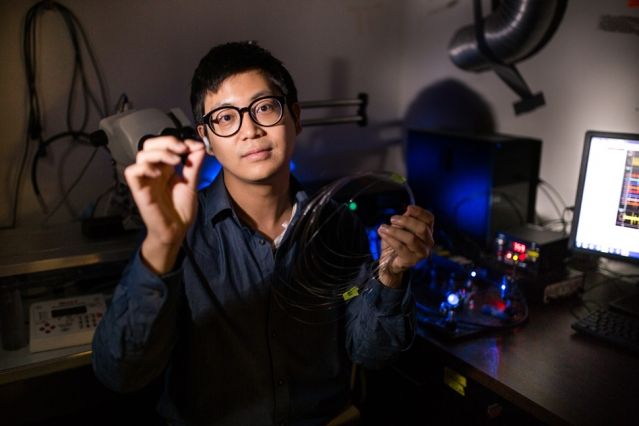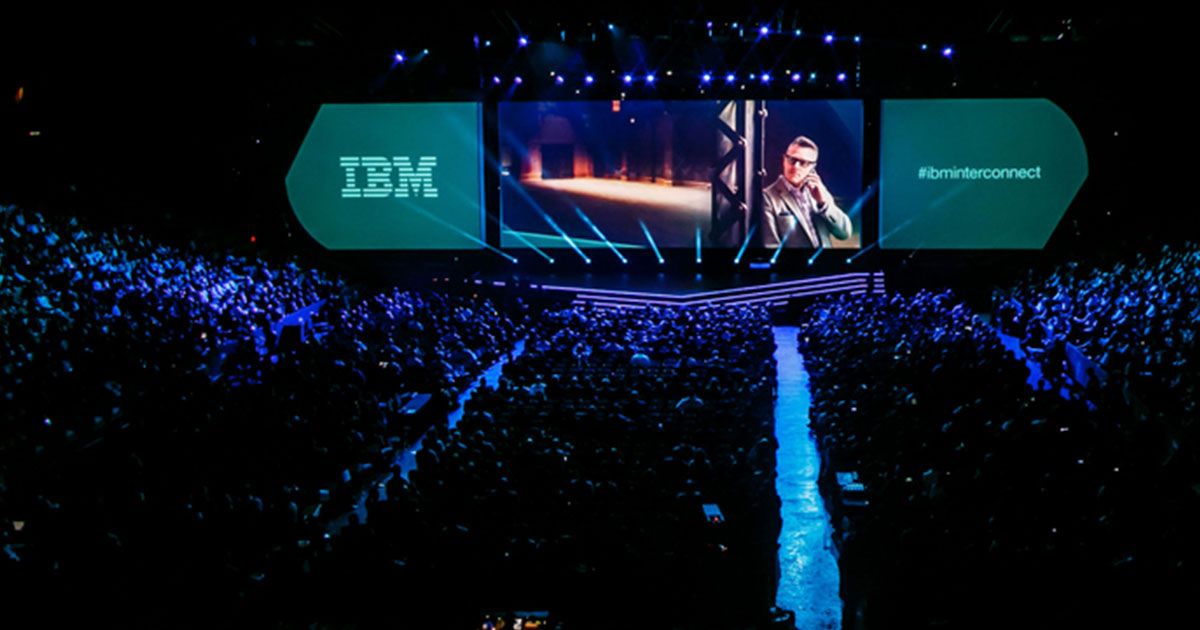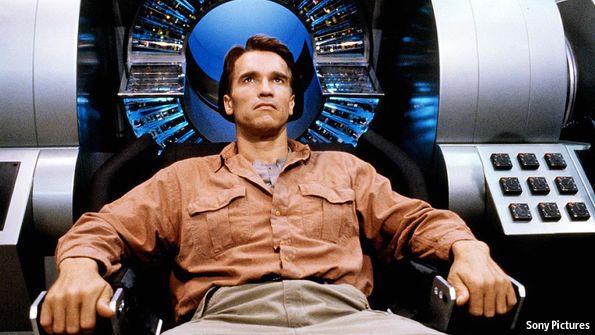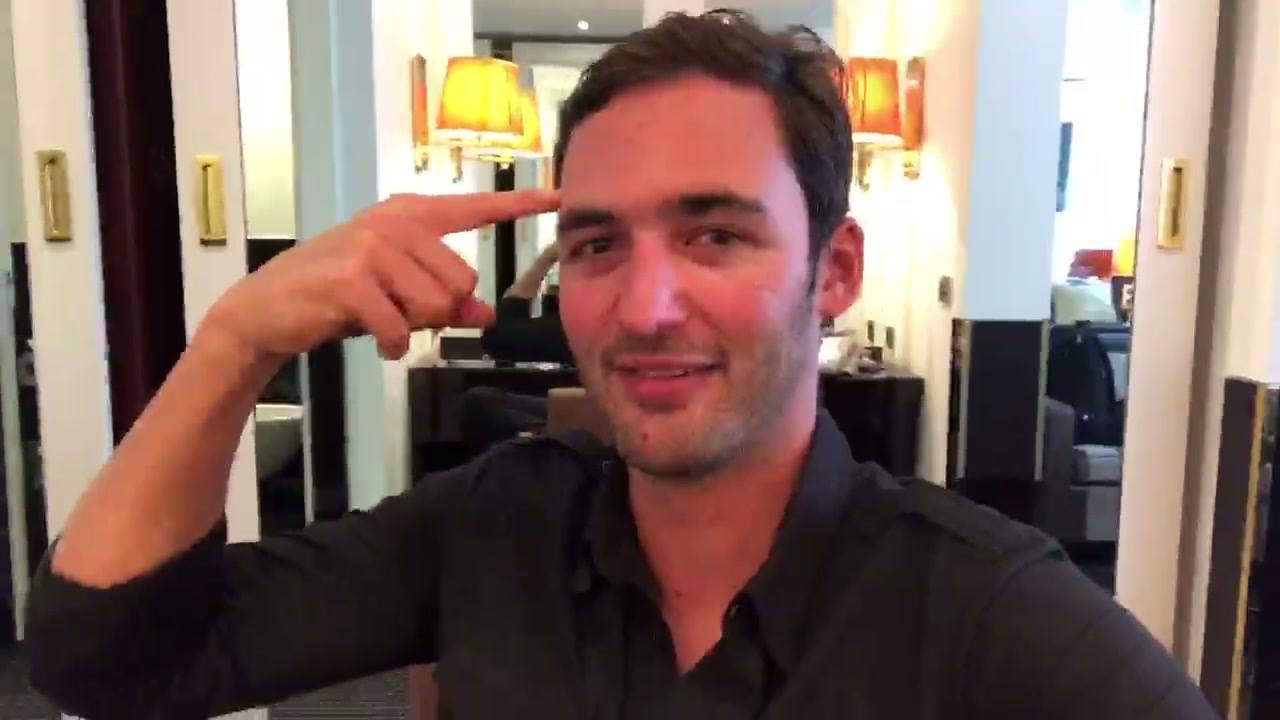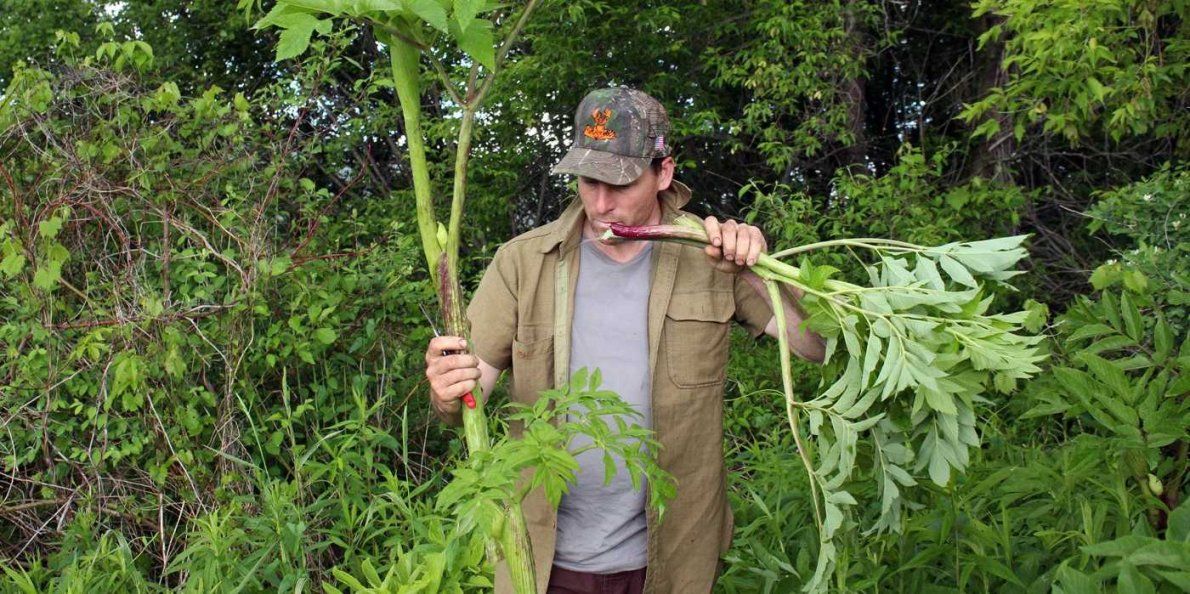Archive for the ‘neuroscience’ category: Page 907
Apr 4, 2017
Hypersonic Attack Drones by 2040? Is China In Front of the US in Developing Hypersonic Weapons?
Posted by Klaus Baldauf in categories: drones, energy, neuroscience, surveillance
The US wants to stay in front of China with hypersonic weapons able to travel at five-times the speed of sound and destroy targets with a “kinetic energy” warhead.
Air Force weapons developers expect to operate hypersonic intelligence, reconnaissance and surveillance drones by the 2040s, once scientific progress with autonomy and propulsion technology matures to a new level.
The advent of using a recoverable drone platform able to travel at high altitudes, faster than Mach 5, will follow the emergence of hypersonic weapons likely to be operational in the mid-2020s, according to the Air Force Chief Scientist Geoffrey Zacharias.
Apr 4, 2017
Tiny fibers open new windows into the brain
Posted by Roman Mednitzer in categories: computing, engineering, neuroscience
For the first time ever, a single flexible fiber no bigger than a human hair has successfully delivered a combination of optical, electrical, and chemical signals back and forth into the brain, putting into practice an idea first proposed two years ago. With some tweaking to further improve its biocompatibility, the new approach could provide a dramatically improved way to learn about the functions and interconnections of different brain regions.
The new fibers were developed through a collaboration among material scientists, chemists, biologists, and other specialists. The results are reported in the journal Nature Neuroscience, in a paper by Seongjun Park, an MIT graduate student; Polina Anikeeva, the Class of 1942 Career Development Professor in the Department of Materials Science and Engineering; Yoel Fink, a professor in the departments of Materials Science and Engineering, and Electrical Engineering and Computer Science; Gloria Choi, the Samuel A. Goldblith Career Development Professor in the Department of Brain and Cognitive Sciences, and 10 others at MIT and elsewhere.
The fibers are designed to mimic the softness and flexibility of brain tissue. This could make it possible to leave implants in place and have them retain their functions over much longer periods than is currently possible with typical stiff, metallic fibers, thus enabling much more extensive data collection. For example, in tests with lab mice, the researchers were able to inject viral vectors that carried genes called opsins, which sensitize neurons to light, through one of two fluid channels in the fiber. They waited for the opsins to take effect, then sent a pulse of light through the optical waveguide in the center, and recorded the resulting neuronal activity, using six electrodes to pinpoint specific reactions. All of this was done through a single flexible fiber just 200 micrometers across — comparable to the width of a human hair.
Apr 3, 2017
Climate change is causing PTSD, anxiety, and depression on a mass scale
Posted by Blair Erickson in categories: climatology, food, habitats, health, neuroscience, sustainability
Depression, anxiety, grief, despair, stress—even suicide: The damage of unfolding climate change isn’t only counted in water shortages and wildfires, it’s likely eroding mental health on a mass scale, too, reports the American Psychological Association, the preeminent organization of American mental health professionals.
Direct, acute experience with a changing climate—the trauma of losing a home or a loved one to a flood or hurricane, for example—can bring mental health consequences that are sudden and severe. After Hurricane Katrina, for example, suicide and suicidal ideation among residents of areas affected by the disaster more than doubled according to a paper led by Harvard Medical School, while one in six met the criteria for PTSD, according to a Columbia University-led paper. Elevated PTSD levels have also been found among people who live through wildfires and extreme storms, sometimes lasting several years.
But slower disasters like the “unrelenting day-by-day despair” of a prolonged drought, or more insidious changes like food shortages, rising sea levels, and the gradual loss of natural environments, will “cause some of the most resounding chronic psychological consequences,” the APA writes in its 69-page review of existing scientific literature, co-authored by Climate for Health and EcoAmerica, both environmental organizations. “Gradual, long-term changes in climate can also surface a number of different emotions, including fear, anger, feelings of powerlessness, or exhaustion.”
Continue reading “Climate change is causing PTSD, anxiety, and depression on a mass scale” »
Apr 3, 2017
How Watson works — myth busting at IBM InterConnect 2017
Posted by Alireza Mokri in categories: computing, internet, neuroscience, security
The IBM IoT (Internet of Things) blog. The very latest IoT news, and blogs from IBM. Internet of Things info on security, connected buildings, automotive, Watson IoT, and cognitive computing.
Apr 3, 2017
Elon Musk enters the world of brain-computer interfaces
Posted by Alireza Mokri in categories: computing, Elon Musk, habitats, neuroscience
EVER since ENIAC, the first computer that could be operated by a single person, began flashing its ring counters in 1946, human beings and calculating machines have been on a steady march towards tighter integration. Computers entered homes in the 1980s, then migrated onto laps, into pockets and around wrists. In the laboratory, computation has found its way onto molars and into eyeballs. The logical conclusion of all this is that computers will, one day, enter the brain.
This, at least, is the bet behind a company called Neuralink, just started by Elon Musk, a serial technological entrepreneur. Information about Neuralink is sparse, but trademark filings state that it will make invasive devices for treating or diagnosing neurological ailments. Mr Musk clearly has bigger plans, though. He has often tweeted cryptic messages referring to “neural lace”, a science-fictional concept invented by Iain M. Banks, a novelist, that is, in essence, a machine interface woven into the brain.
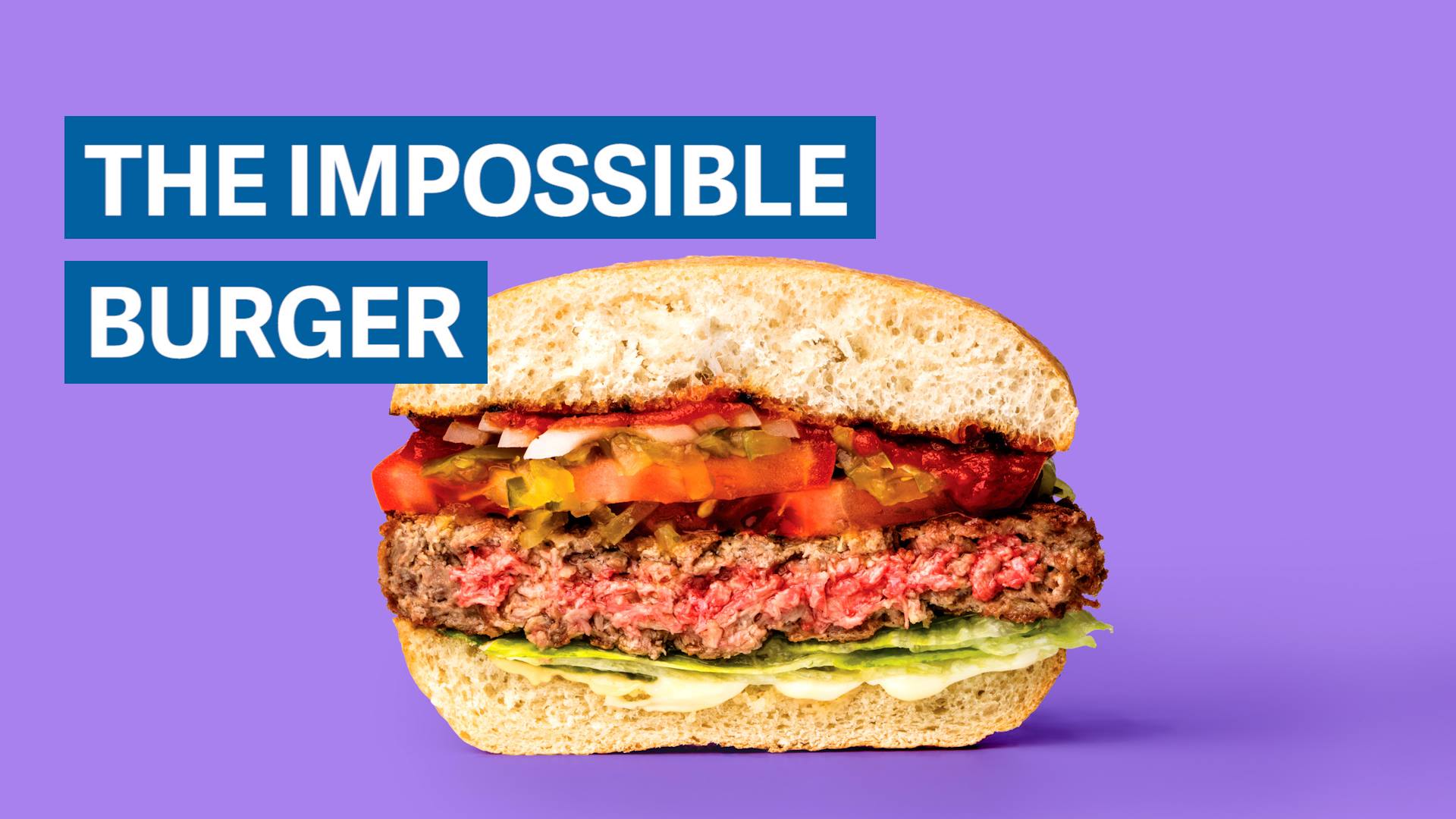
The neuroscience behind the Impossible Burger.
The Impossible Burger is meatless, but it tastes, smells, and bleeds like the real thing. The secret ingredient? Neuroscience.
Apr 3, 2017
Researchers Have Found That Plants Know They Are Being Eaten
Posted by Shailesh Prasad in categories: biotech/medical, neuroscience
Vegetarians and vegans pay heed: New research shows plants know when they’re being eaten. And they don’t like it.
That plants possess an intelligence is not new knowledge, but according to Modern Farmer, a new study from the University of Missouri shows plants can sense when they are being eaten and send out defense mechanisms to try to stop it from happening.
The study was carried out on thale cress, or Arabidopsis as it’s known scientifically, which is closely related to broccoli, kale, mustard greens, and other siblings of the brassica family and is popular for science experiments. It is commonly used in experiments because it was the first plant to have its genome sequenced, and scientists are intimately familiar with how it works.
Continue reading “Researchers Have Found That Plants Know They Are Being Eaten” »
Apr 1, 2017
How the original ‘Ghost in the Shell’ changed sci-fi and the way we think about the future
Posted by Brett Gallie II in categories: futurism, neuroscience
Was this story the inspiration for the Neural Lace Idea?
The influence of the groundbreaking 1995 anime movie “Ghost in the Shell” can be seen in everything from “The Matrix” to “Ex Machina.”


